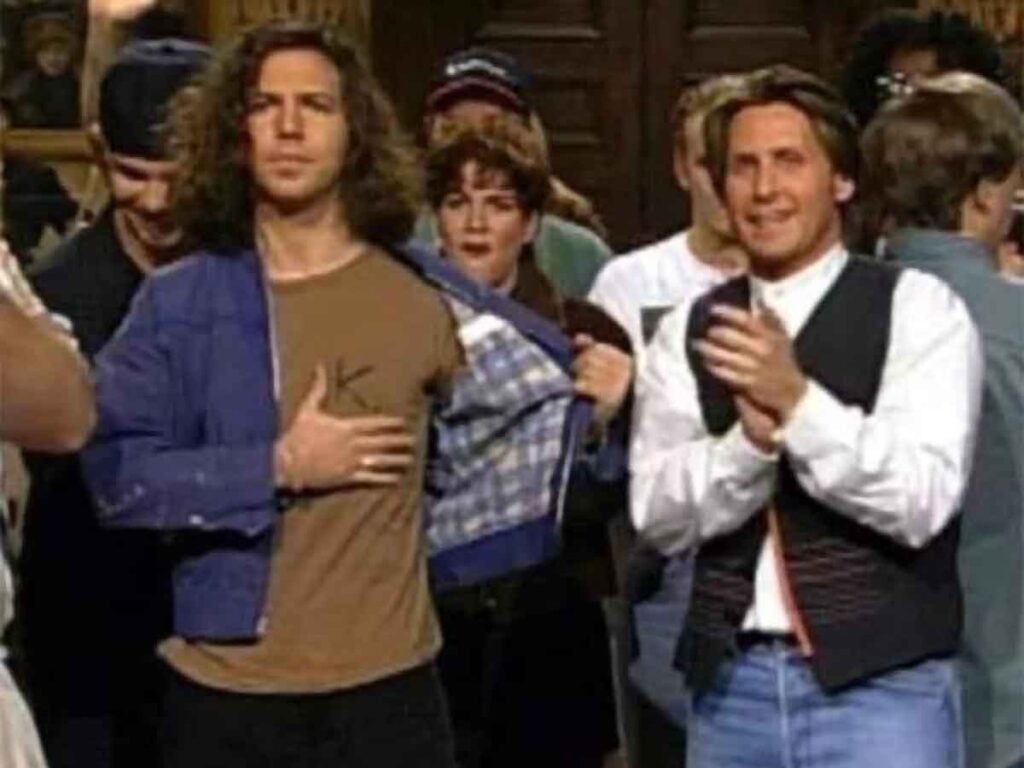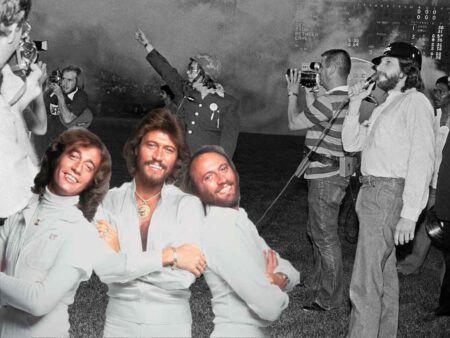April 16, 1994. The music world was still reeling. Just eight days earlier, Kurt Cobain—the voice of a generation and frontman of Nirvana—had been found dead in his Seattle home. The grief was raw, especially in the tight-knit Pacific Northwest scene that had birthed grunge. That night, Pearl Jam was scheduled to perform on Saturday Night Live. And in a moment of quiet solidarity, Eddie Vedder offered a tribute that said more than words ever could.
A Complicated Kinship
The relationship between Cobain and Vedder was never straightforward. In the early 1990s, Nirvana and Pearl Jam were often lumped together as the twin titans of grunge. But Cobain resisted the comparison. He famously criticized Pearl Jam and Alice in Chains in a 1992 Flipside interview, calling them “corporate puppets.” At the time, Nirvana was fiercely protective of its punk ethos, while Pearl Jam—riding high on Ten’s massive commercial success—was viewed (sometimes unfairly) as more mainstream.
But things shifted after the two frontmen finally met in person. Despite the media-fueled tension, Cobain admitted the rivalry was overstated. “There never was one,” he later told Rolling Stone. “I slagged them off because I didn’t like their band. I hadn’t met Eddie at the time. It was my fault; I should have been slagging off the record company instead.”
Vedder, for his part, never took the bait. He responded with grace, praising Nirvana and expressing concern for Cobain in interviews. That respect only deepened after Cobain’s passing.
The SNL Appearance
Pearl Jam’s Saturday Night Live appearance on April 16 was booked long before the tragedy. Still, the emotional weight of the moment was unmistakable. The band performed three songs, including “Not for You” from their then-upcoming album Vitalogy. Vedder, always understated, let the music speak—but his gestures told their own story.
The first tribute was almost easy to miss. Scrawled on the headstock of Vedder’s guitar was the word “KURDT.” This wasn’t a typo. Cobain had often used the alternate spelling “Kurdt Kobain” in Nirvana’s early artwork and liner notes, notably on Bleach and Nevermind. For those who noticed, it was a quiet nod to Cobain’s legacy—and a way to honor his identity on his own terms.
The second tribute came at the end of the show. As the band took their final bow, Vedder opened his jacket to reveal a large “K” drawn over his heart. It was a simple, silent gesture. But in the context of the week’s grief, it resonated deeply.
There were no speeches, no dedications. Just a moment of remembrance, shared by millions.
Aftershocks and Reverberations
Cobain’s death shook the entire music world, but few felt it more acutely than his peers in Seattle. In the weeks that followed, Vedder paid further tribute. At subsequent shows, Pearl Jam would honor Cobain with emotional performances, including covers of “Come As You Are” and moments of reflection between songs. Vedder also spoke openly about the toll of fame—something both he and Cobain had struggled with—and how the pressures of being in the spotlight could distort everything.
For Vedder, who had always approached stardom with caution, Cobain’s passing served as a cautionary tale. It reaffirmed his desire to keep things grounded, honest, and human. Over the years, he’s returned to that loss in interviews and onstage moments, always with a sense of respect and sorrow—not only for Cobain’s death, but for the pain that preceded it.
More Than a Tribute
Vedder’s gestures on SNL weren’t dramatic. But their subtlety was the point. In an era defined by angst, noise, and outsized personalities, Vedder’s tribute was quiet, dignified, and deeply felt. It reflected not just his feelings about Cobain, but the unspoken connections that run through music communities—the kind that transcend public feuds and personal differences.
By choosing to mark the moment without fanfare, Vedder gave the audience room to feel whatever they were feeling. The “K” over his heart wasn’t just for Cobain. It was for everyone mourning a loss that felt both personal and cultural.
A Lasting Legacy
In the decades since, both Nirvana and Pearl Jam have taken their places in the pantheon of rock history. Cobain remains a symbol of tragic brilliance, while Vedder has emerged as one of rock’s most enduring frontmen. But that night in April 1994 remains one of the rare moments where their stories overlapped—not through rivalry, but through reverence.
The media may have framed them as adversaries. But the truth was more complicated. Like many artists from the Seattle scene, they were shaped by the same city, the same struggle, and the same desire to make something real.
And on that SNL stage, Eddie Vedder showed just how powerful real could be.




